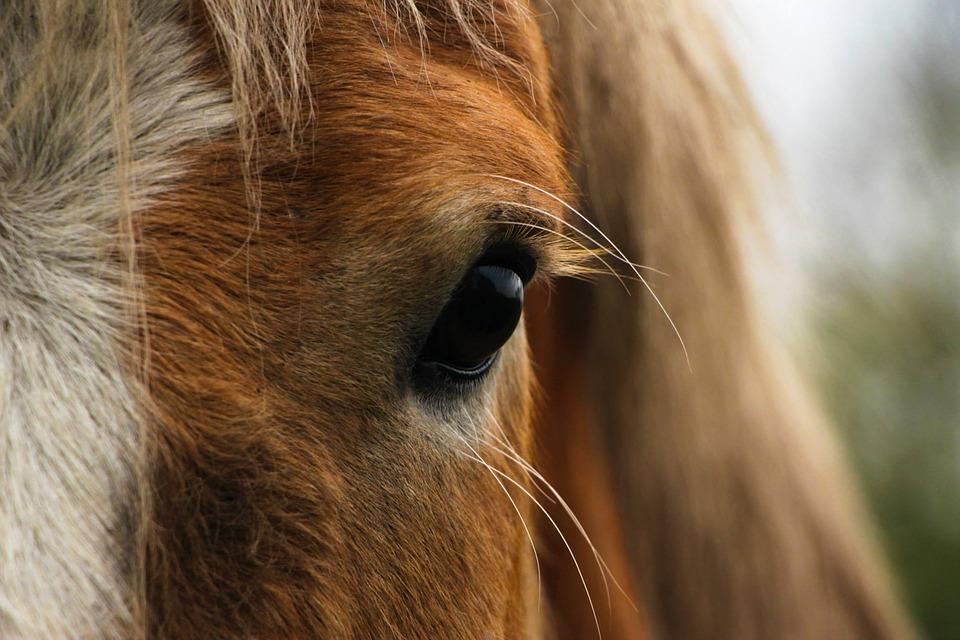
Proposed New Jersey Law Could Add New Safeguard to Horse Auctions
The bill (S-455) was introduced by Senator Dawn Marie Addiego and would require horse auctions to publish online identifying marks of horses 72 hours prior to sale, including microchips, tattoos and brands.
A New Jersey state bill heads to the Assembly floor this week after passing the Assembly Agriculture and Natural Resources Committee last week: S-455, introduced by Senator Dawn Marie Addiego of District 8 (formerly a Republican who announced a party switch to Democrat yesterday) would require horse auctions to determine whether a horse is branded, tattooed or microchipped, and publish that information online a minimum of 72 hours prior to sale.
Additionally, auction houses would be required to maintain records of sale that document the presence or absence of identifying marks, the date and time of online posting, and the date and time of sale.
The language of the bill is as follows, and may be read in its entirety here:
An Act concerning the sale of horses at auction, and supplementing Title 4 of the Revised Statutes.
Be It Enacted by the Senate and General Assembly of the State of New Jersey:
- a. Before any horse may be sold at an auction, the auction organizer shall determine whether the horse has an implanted microchip or has been tattooed or branded with any identifying mark. If the horse has an implanted microchip, tattoo, or brand, the auction organizer shall post, on its Internet website, all identifying information, including any identification number contained in the microchip and a detailed description or picture of any tattoo or brand found on the horse.
- No horse shall be offered for sale at an auction before 72 hours have elapsed following posting of the horse’s identifying information on the auction organizer’s Internet website.
- For a minimum of one year following the date of sale, for each horse sold at auction, an auction organizer shall maintain appropriate records which accurately document compliance with this section, including:
(1) the presence or absence of a microchip, tattoo, or brand;
(2) the date and time of the posting of the information required by this section; and
(3) the date and time each horse was sold at auction.
- Any person who violates this section shall be subject to a civil penalty up to $200 for the first offense and up to $500 for the second and each subsequent offense, to be collected in a civil action by a summary proceeding under the “Penalty Enforcement Law of 1999,” P.L.1999, c.274 (C.2A:58-10 et seq.).
- This act shall take effect immediately.
The bill is intended to protect more horses from winding up in the slaughter pipeline, especially if a horse is missing or stolen. While this bill does not require the networking with local and national missing horse organizations and rescues like a similar bill introduced in South Carolina, it does increase the opportunity for members of the public to recognize a horse with identifying marks and hopefully track down a missing or stolen animal.
Violation of the law would incur a civil penalty of up to $200 for the first offense and up to $500 for the second and each subsequent offense.
With the similar bill in the South Carolina state legislature, it’s encouraging to see states beginning to enact measures to better protect horses. With major organizations such as the Jockey Club and US Equestrian requiring all registered horses to be microchipped — a safe, permanent means of quickly and easily identifying a horse for life — a more accountable world for horses is being created. Hopefully more associations, such as the American Quarter Horse Association, will follow suit.
Go riding!







Leave a Comment